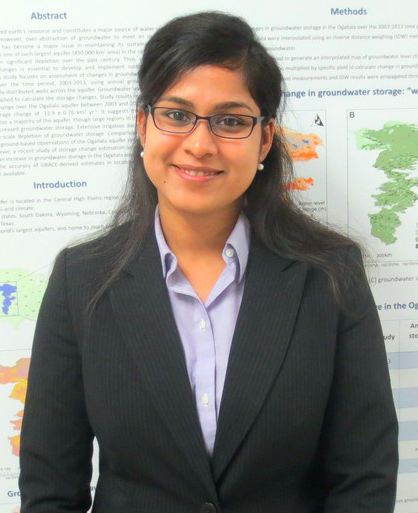Robert received his PhD in Atmospheric Science from the University Wisconsin at Madison. He also held post-doctoral positions in climate modeling at the University of Wisconsin at Madison and the University of Chicago.
Robert co-developed the Model Coupling Toolkit that is now the main infrastructure for the DOE/NSF Community Earth System Model. He both develops software for climate modeling and applies the models to problems in climate change and climates of the past.
Early in his career, Robert developed the Fast Ocean Atmosphere Model, one of the first full global climate models to use parallel computing. It is still used today for problems in past climates. He currently leads the climate modeling group at Argonne and leads a project on improving the efficiency of climate model analysis.
Research Projects
Model fidelity | Climate Emulation | Precipitation Physics in Climate Models
Students
Laura Zamboni
Recent Publications
Y. Liu, Liu, Z., Zhang, S., Rong, X., Jacob, R. L., Wu, S., and Lu, F., “Ensemble-Based Parameter Estimation In A Coupled GCM Using The Adaptive Spatial Average Method”, Journal of Climate, vol. 27, no. 11, pp. 4002-4014, 2014.
S. Castruccio, McInerney, D. J., Stein, M. L., Liu, F., Jacob, R. L., and Moyer, E. J., “Statistical Emulation of Climate Model Projections Based on Precomputed GCM Runs”, 2013.
P. Balaprakash, Alexeev, Y., Mickelson, S. A., Leyffer, S., Jacob, R. L., and Craig, A. P., “Machine Learning based Load-Balancing for the CESM Climate Modeling Package”, Denver, CO, 2013.
R. L. Jacob, Krishna, J., Xu, X., Tautges, T. J., Grindeanu, I., Latham, R., Peterson, K., Bochev, P., Haley, M.,Brown, D., Brownrigg, R., Shea, D., Huang, W., and Middleton, D. E., “ParNCL and ParGAL: Data Parallel Tools for Post-Processing of Large-Scale Earth Science Data”, in International Conference on Computational Science (ICCS 2013), Barcelona, Spain, 2013, vol. 18, pp. 1245–1254.

























